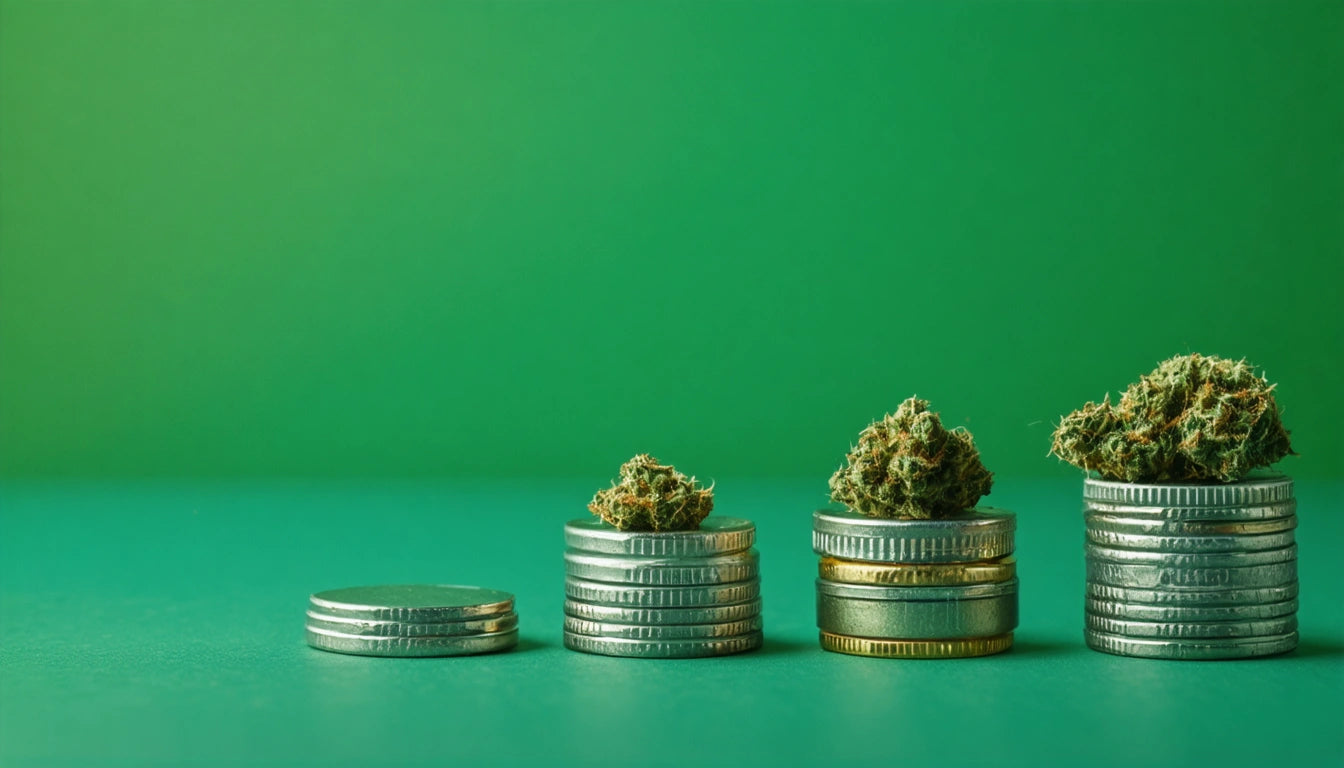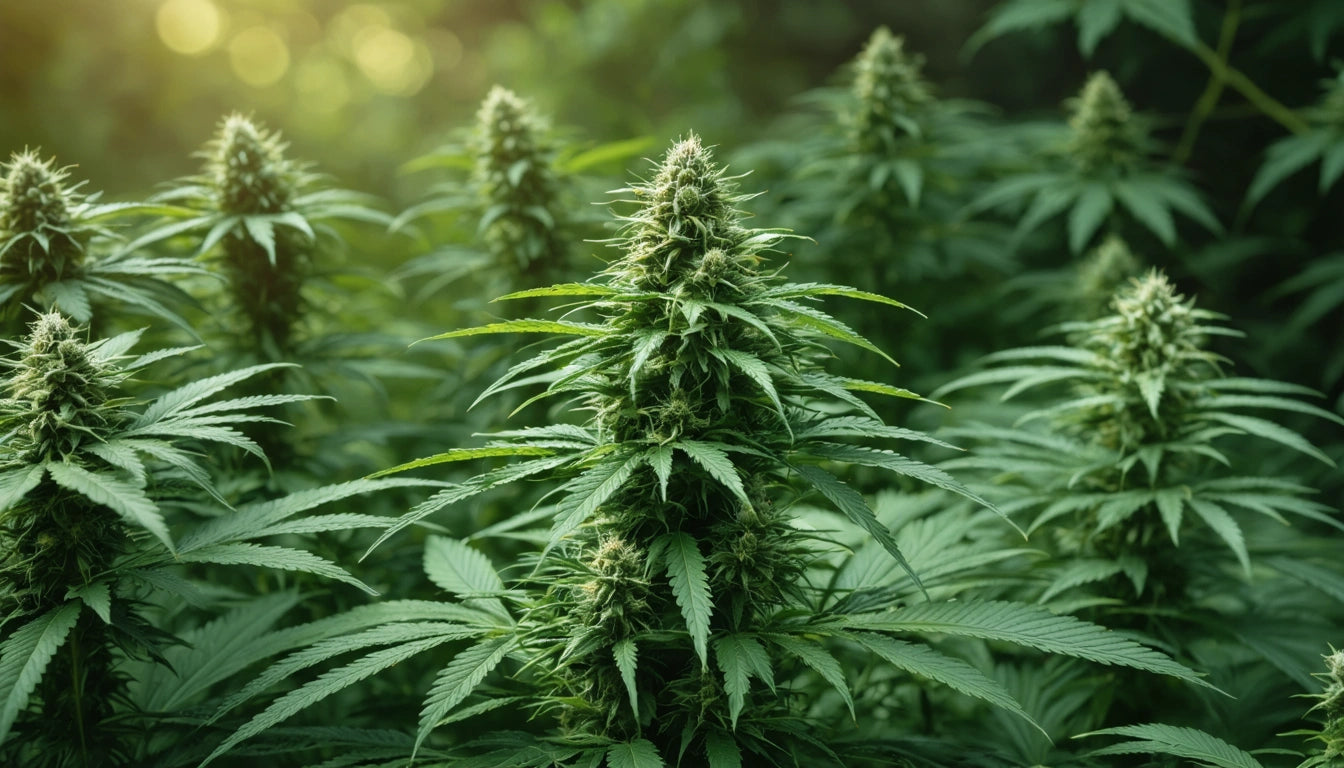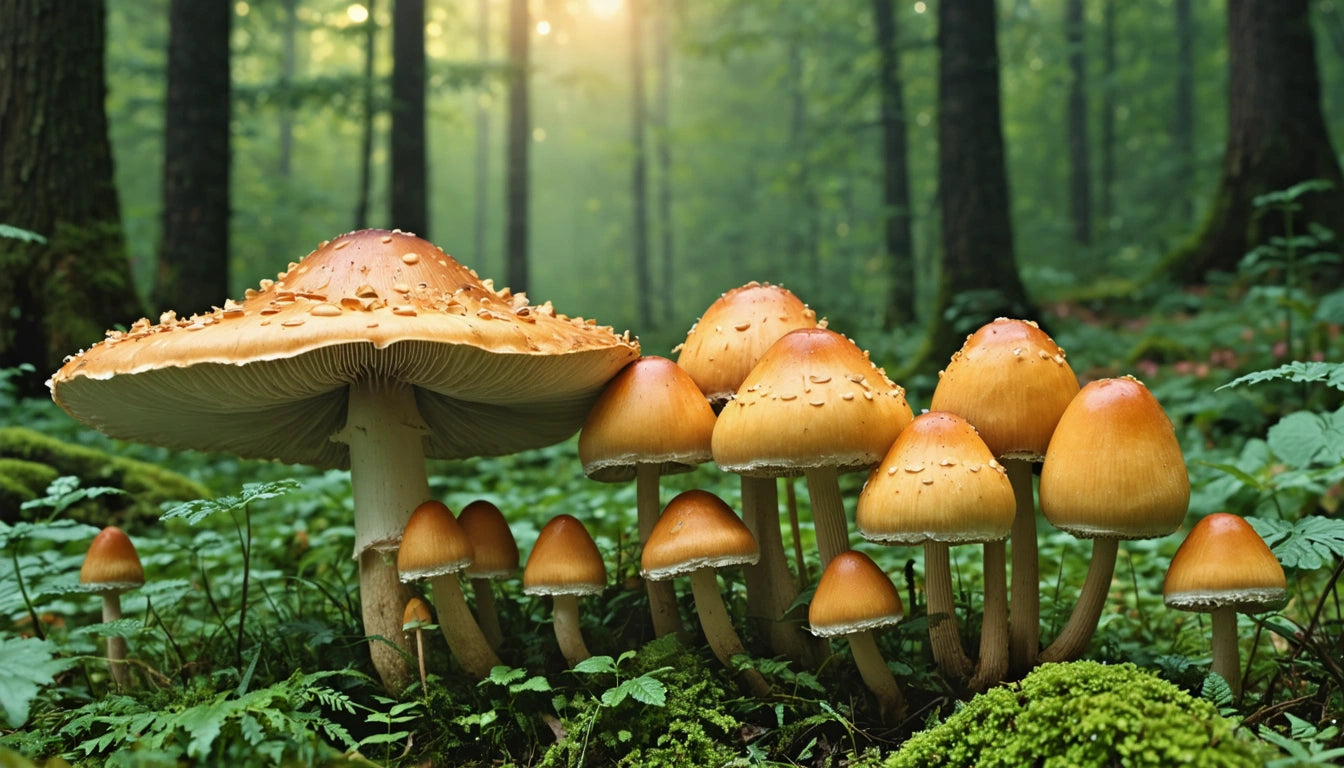Table of Contents
- Understanding Cannabis Wax: What Is It?
- How Much Is a Gram of Wax? Retail Pricing Explained
- Ounce Pricing: How Much Is an Ounce of Wax Worth?
- Pound Pricing: Bulk Purchases and Wholesale Considerations
- Factors Affecting Wax Prices
- What Does a Gram of Wax Look Like?
- Market Trends and Future Price Projections
Understanding the Cost of Cannabis Wax: Prices by Gram, Ounce, and Pound
Cannabis wax represents one of the most potent and popular concentrate forms available today. With THC percentages often ranging from 60-90%, this sticky, potent substance commands premium prices compared to flower. Whether you're a consumer trying to budget for personal use or a business owner calculating inventory costs, understanding wax pricing across different quantities is essential.
Understanding Cannabis Wax: What Is It?
Before diving into pricing, it's important to understand what cannabis wax actually is. Wax is a type of cannabis concentrate created through extraction processes that separate cannabinoids and terpenes from plant material. The result is a highly potent product with a distinctive waxy texture that can range from crumbly to sticky depending on the specific production method.
As explained in our guide to cannabis concentrates, wax differs significantly from traditional flower in both potency and consumption methods. This concentration of cannabinoids directly impacts its market value and price structure.
How Much Is a Gram of Wax? Retail Pricing Explained
For most consumers, wax is purchased by the gram. The question "how much is a gram of wax price" is common among first-time buyers. Currently, retail prices for a gram of cannabis wax typically range from:
- Low-quality/budget wax: $20-30 per gram
- Mid-grade wax: $30-50 per gram
- Premium/high-quality wax: $50-80+ per gram
These prices vary significantly based on location, with legal states generally offering more competitive pricing than areas where cannabis remains prohibited. Medical markets often have different pricing structures than recreational ones, sometimes offering lower prices to registered patients.
When considering how much for a gram of wax you should expect to pay, remember that quality differences are substantial. Budget options may contain fewer terpenes and potentially more residual solvents, while premium waxes offer fuller flavor profiles and cleaner extractions.
Ounce Pricing: How Much Is an Ounce of Wax Worth?
When purchasing in larger quantities, consumers often ask "how much is an oz of wax" to understand potential savings. An ounce (28 grams) of cannabis wax represents a significant investment but typically offers considerable bulk discounts.
Current market rates for an ounce of wax generally fall within these ranges:
- Low-quality: $400-700 per ounce
- Mid-grade: $700-1,200 per ounce
- Premium: $1,200-2,000+ per ounce
Purchasing by the ounce typically provides a 10-25% discount compared to buying individual grams. However, because concentrates are typically consumed in small amounts, ounce purchases are more common among heavy users or small businesses rather than casual consumers.
The question of how much is an ounce of wax worth also depends on potency. Products with verified high THC percentages and desirable terpene profiles command premium prices, while those with lower potency or less appealing flavor profiles sell at lower price points.
Pound Pricing: Bulk Purchases and Wholesale Considerations
For businesses and large-scale operations, understanding how much is a pound of wax cost becomes relevant. A pound contains 453.6 grams (16 ounces) and represents a major wholesale purchase.
Wholesale pound pricing generally ranges from:
- Low-tier: $6,000-10,000 per pound
- Mid-grade: $10,000-16,000 per pound
- Premium: $16,000-25,000+ per pound
These bulk purchases are almost exclusively made by dispensaries, processors, or manufacturers creating infused products. When selling products that use wax as an ingredient, businesses need to consider appropriate packaging solutions that maintain product freshness and comply with regulatory requirements.
Factors Affecting Wax Prices
Several key factors influence how much weed wax costs across all quantity levels:
Quality and Potency
Higher THC percentages and richer terpene profiles typically command premium prices. Lab-tested products with verified potency generally cost more than untested alternatives.
Production Method
The extraction method significantly impacts price. Live resin, which preserves more terpenes, typically costs more than standard BHO (butane hash oil) wax. Solventless extracts like rosin often command the highest prices due to their labor-intensive production process and lack of chemical solvents.
Geographic Location
Prices vary dramatically between legal and illegal markets. Even among legal states, prices differ based on:
- Local tax structures
- Competition density
- Production capacity
- Regulatory compliance costs
Understanding how wax is produced can help consumers better evaluate whether they're receiving fair pricing.
What Does a Gram of Wax Look Like?
For new consumers wondering what does a gram of wax look like, visual identification is important. A gram of wax is relatively small, typically about the size of a small marble or large pea. The appearance varies based on type:
- Crumble: Dry, crumbly texture with a light color
- Budder: Smooth, butter-like consistency with a yellow to amber hue
- Shatter: Glass-like appearance that breaks when tapped
- Sugar wax: Grainy texture resembling wet sugar
Visual indicators alone aren't reliable for determining quality or value. Factors like color, clarity, and texture provide some information but should be considered alongside lab testing results whenever possible.
For those interested in consumption methods, our guide on smoking THC wax provides detailed information on getting the most value from your purchase.
Market Trends and Future Price Projections
Cannabis wax pricing continues to evolve as markets mature. Several trends are worth noting:
- Increasing competition is gradually driving down prices in established markets
- Quality stratification is becoming more pronounced, with wider price gaps between economy and premium products
- Seasonal fluctuations affect pricing, with outdoor harvest seasons sometimes creating temporary price drops
- Emerging extraction technologies may eventually reduce production costs
For consumers and businesses alike, staying informed about how much is wax weed in your specific market helps ensure fair transactions. As with most cannabis products, prices are expected to continue stabilizing as more regions legalize and market competition increases.
Whether purchasing by the gram for personal use or by the pound for business purposes, understanding the factors that influence cannabis wax pricing helps consumers make informed decisions and budget appropriately for this potent concentrate.











Leave a comment
All comments are moderated before being published.
This site is protected by hCaptcha and the hCaptcha Privacy Policy and Terms of Service apply.